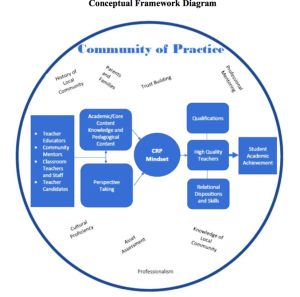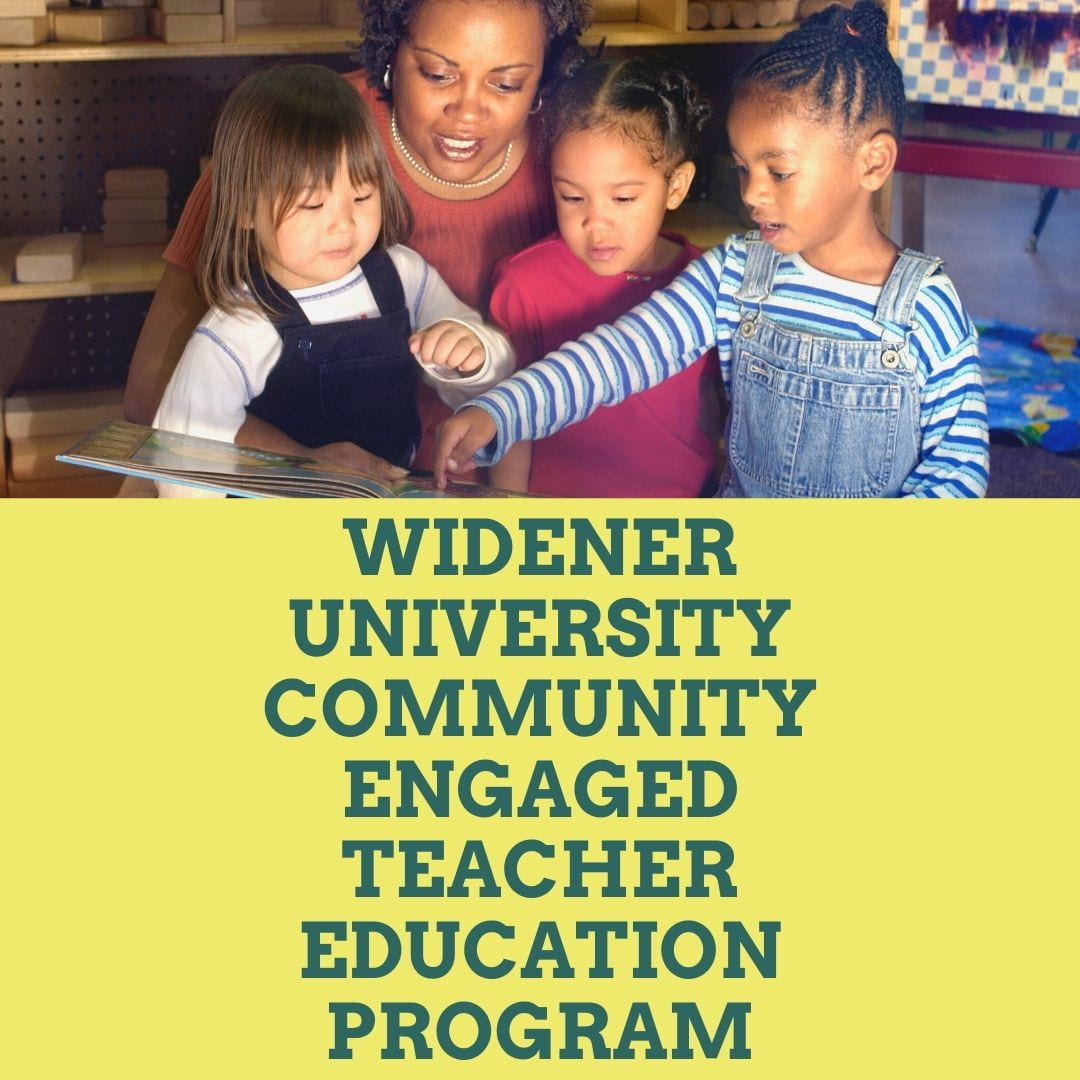Community Engaged Teacher Education Program (CETE)
What is CETE?
Widener University (WU) and the Chester Upland School District (CUSD) embarked on a collaborative journey in 2015 with the University-Assisted Community Schools (UACS) program of the Netter Center. Their shared goal was to address the challenges in teacher preparation and the need for culturally responsive education. Inspired by their experience at Ball State University’s Summer Institute, the WU/CUSD team set out to create their own Community Engaged Teacher Education (CETE) Program. This program is designed to produce culturally responsive teachers within the context of an urban, diverse community.
CETE serves as a model for a university-assisted community school, aiming to educate, engage, and empower all members of the community where the school is located. It is rooted in situative learning theories and culturally responsive pedagogy, with a focus on closing the opportunity gap for students in urban, diverse settings. The program is built around a Community of Practice (COP), which comprises WU faculty, CUSD teachers and administrators, WU teacher candidates, and City of Chester Community Mentors.
This collaborative effort began with “Courageous Conversations,” providing a space for all stakeholders to discuss race, urban life, community assets, and barriers. This led to a foundation of trust within the COP, valuing the expertise of all members and emphasizing culturally responsive pedagogy and social justice. The COP evolved into planning teams focused on research, syllabi development, mentorship, and more. Based on this year-long planning process, the CETE program was implemented in 2016, emphasizing immersion in the school and community through interdisciplinary themes, service-learning projects, and building strong relationships within the community of practice.

CETE Guiding Principles
- Every child deserves to receive a world class education.
- The focus of our program is on the children of Chester who have been underserved and under-resourced.
- Teacher candidates must be placed in classrooms with mentor teachers who have demonstrated success in teaching by improving academic outcomes and creating a classroom culture that supports learning.
- A partnership has been formed consisting of University, School District, and Community members who share decisions, commit to ongoing professional development, and employ a model of continuous improvement to better serve the children and teacher candidates.
- A foundational aspect of our program is that it is community based. All members are expected to learn about our community and develop relationships with caregivers and community members.
- We employ a “strength-based approach” which is essential in developing relationships with the community, caregivers, teacher candidates, and the children that they serve.
- We commit to lifelong learning, to fostering a growth mindset, to developing cultural proficiency, and to using materials and approaches that are culturally relevant.
- We commit to evaluating our success by monitoring all aspects of the program on a continuous basis to ensure the future success of teacher candidates and continuous improvement.
CETE Program Components
- Five integrated 3 credit courses – ED 403 (Special Education), ED 412 (Literacy Methods), 413 (Science Methods), 414 (Community Teacher), and ANTH 261 (Urban Anthropology)
- The Community Teacher thematically links all of the coursework through dedicated hours spent at a variety of community events with a community mentor, field work at Stetser Elementary School (every day for 2.5 hours through the fall semester), professional development alongside partner teachers, and development and implementation of a service-learning project selected by the community of practice.



